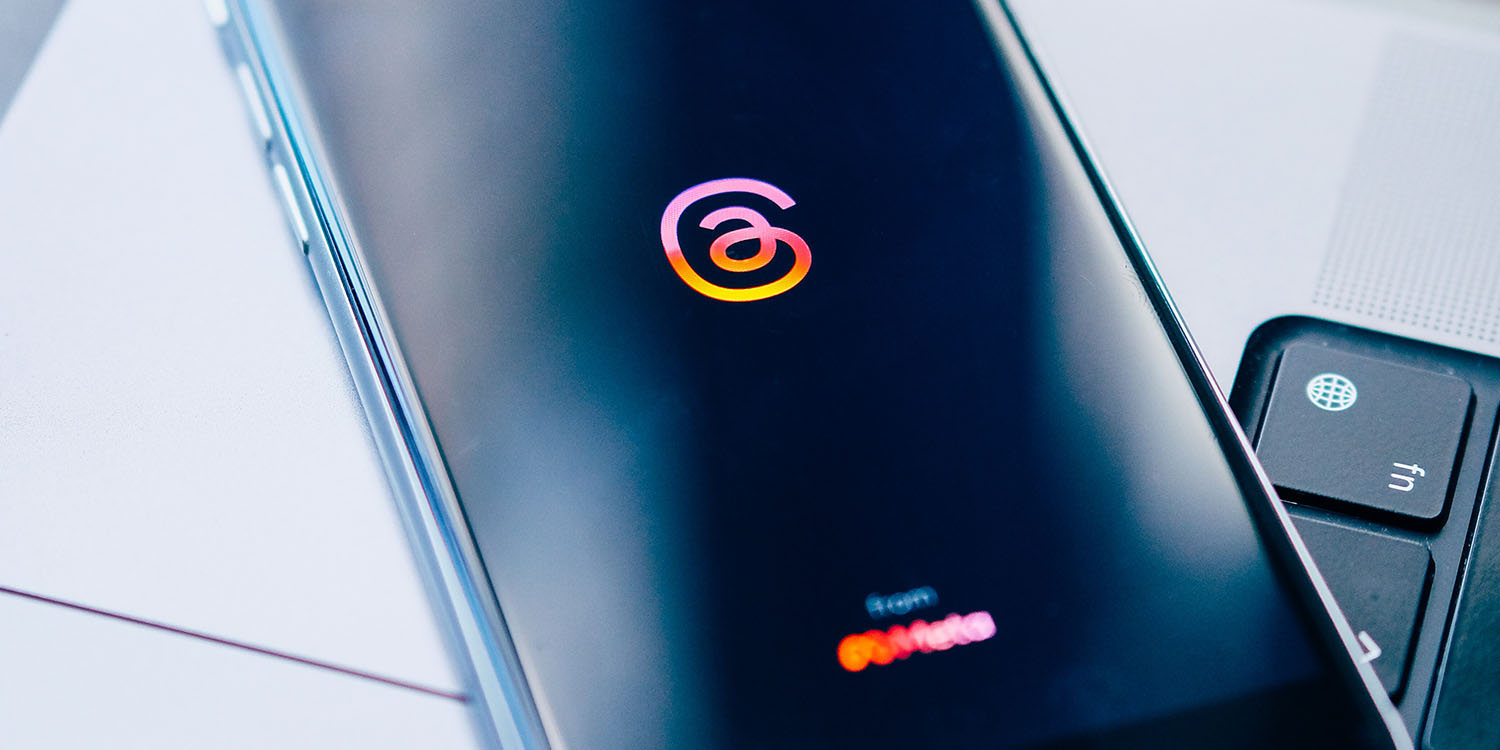
Newly-launched Twitter competitor Threads won’t have ads for now, says the company. Despite hitting 100M registered users in less than a week, parent company Meta has told potential advertisers that it hasn’t yet hit “critical mass” …
Threads won’t have ads for now
Meta shared the decision with Axios.
Instagram’s branded content tools aren’t currently available on Threads. But a source told Axios that Instagram is working to quickly make them available, which would give marketers an opportunity to begin experimenting with paid promotion, while advertising is still unavailable.
Threads won’t introduce ads until its’ user base reaches a critical mass, a Meta source told Axios.
In the interim, the guidance being offered to brands is to clearly disclose any paid partnerships through text or hashtags until Threads gets its branded content tools up and running.
Fact-checking planned
Meta CEO Mark Zuckerberg has said that Threads aims to be a friendlier place than Twitter, and Instagram head Adam Mosseri has told marketeers that the social network is trying to avoid politics.
Threads will try to avoid courting news and politics content creators, because that topics aren’t worth the scrutiny and integrity risks that come along with policing them.
However, it’s hard to see how the platform can avoid this, and that also introduces the thorny question of fact-checking. Meta says that it does see an urgent need for this, reports The Economic Times.
“Areas such as labels for state-affiliated media and fact-checking are all areas where we see a lot of value, and it’s our aspiration to build that out expeditiously,” Josh Machin, Meta’s head of public policy for Australia, told an Australian inquiry on foreign interference on Tuesday.
Lack of chronological feed puts brands at risk
One of the biggest complaints about Threads is the lack of a chronological feed, where the most recent posts are shown first.
This seems to be a deliberate decision on Meta’s part, mirroring the algorithmic feeds on Facebook and Instagram, as well as downplaying news. But aside from annoying users, it potentially puts brands at risk.
Nu Wexler, a former Twitter and Facebook communications executive who now serves as a partner at the strategic communications firm Seven Letter, said: “There’s a big risk with the algorithmic timeline, because a brand or public person could make a post in the morning, and then a huge industry event could happen two hours later,” he said.
In other words, because the feed isn’t chronological, a user could see a news report of a disaster immediately followed by a silly post from a brand which appears to be tone-deaf.
Photo: Wesley Tingey/Unsplash
FTC: We use income earning auto affiliate links. More.






Comments